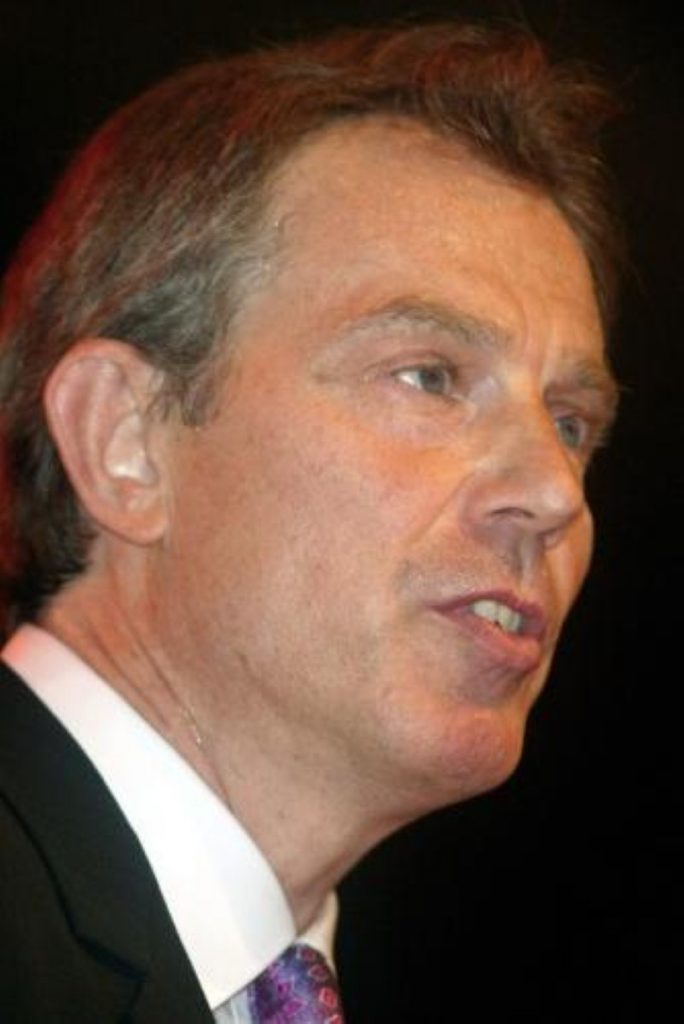Blair reaffirms support for city mayors
Tony Blair has reiterated his support for the idea of directly-elected mayors, just days before the white paper on local government is due to be published.
The prime minister yesterday held talks with a dozen mayors at Downing Street, where they called for greater powers over neighbourhood police budgets, local primary care trust and bus services among others.
The white paper is expected to introduce new powers and freedoms for councils run by a directly-elected mayor, although it will not impose the model on local authorities.
And yesterday Mr Blair made clear that despite the low take-up of the idea, something he said was “a bit odd”, he still personally backed this kind of local leadership.


“I don’t know any place that has got a mayor that is considering, or wants to, do away with it. Some people in the system may, but put it to the people, and they are not,” he said.
After London mayor Ken Livingstone had spoken, Mr Blair said: “People, whether they are for you or against you, they know there is a Mr London out there and that is incredibly important.
“One of the problems with the political process is that people do feel disempowered, shut out from it. We have therefore got to be imaginative about how we bring decision-making closer to them.”
Mr Blair also suggested that the idea of electing a mayor to lead the council went beyond major towns and cities, saying: “I don’t think this is just a city problem at all. Even rural communities like mine would benefit from strong, individual, civic leadership.”
However, it remains to see whether his commitment to city mayors will be continued after he leaves – earlier this month, a close aide to chancellor Gordon Brown, who is widely expected to be the next prime minister, appeared to cast doubt on the plans.
Economic secretary to the Treasury Ed Balls said the London model was “not one that is easily applied across all areas of England”, and warned of the dangers of empowering a single individual at the expense of regional development agencies (RDAs).
“If we weaken the role of the RDAs, the losers would be the cities themselves – and also the smaller towns and cities who have benefited greatly from the new regional policy,” he said.
But shadow local government secretary said: “Until the government abandons its unpopular and unelected regional assemblies any talk of empowering local communities is simply hot air.
“Directly-elected mayors should be entirely a matter for local people. If there is genuine local enthusiasm for them so be it, but ultimately it should not be for the government to force a centrally-decided structure on communities.”









